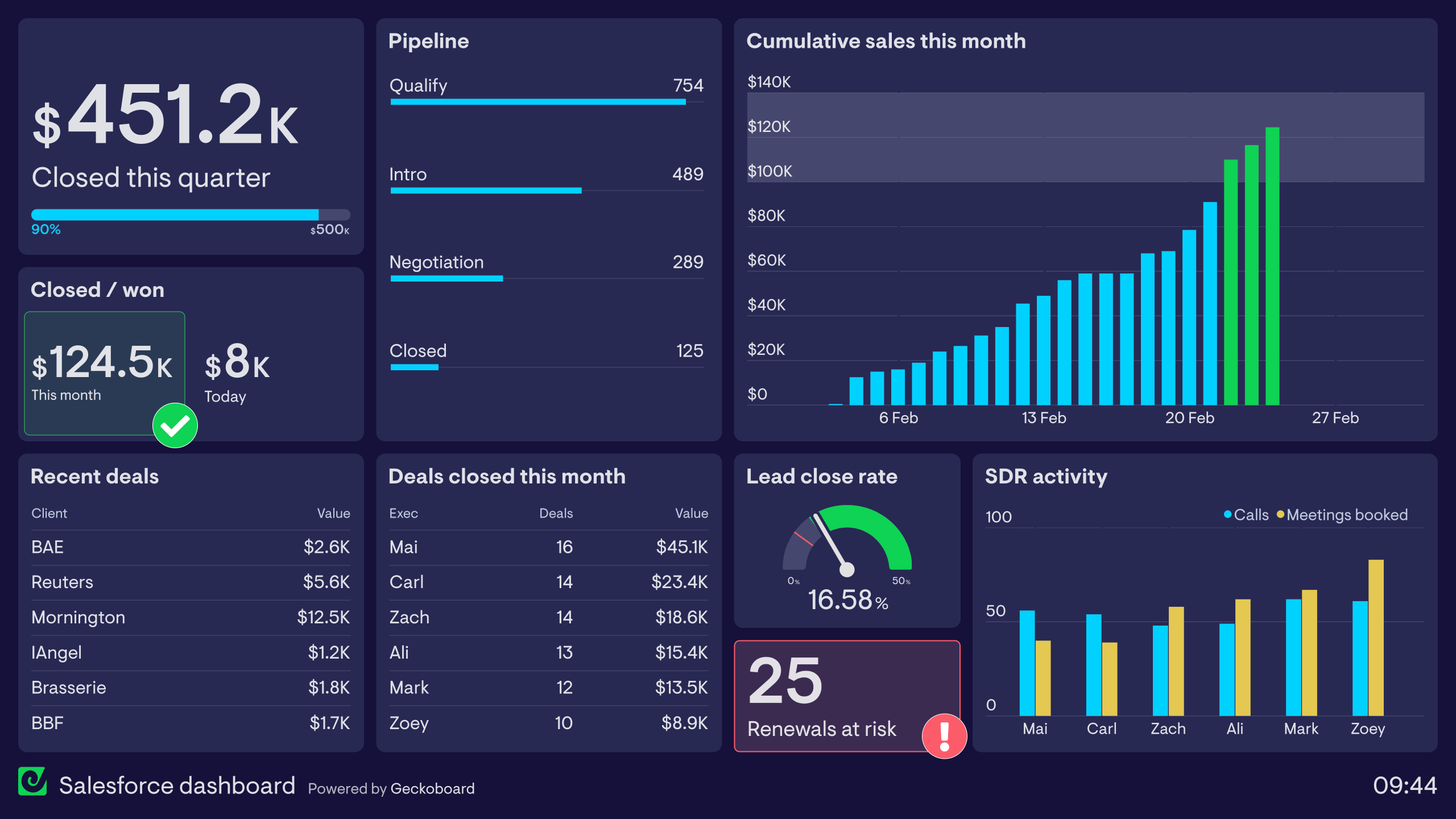

KPIs in Salesforce Sales Cloud: Driving Smarter Sales Performance
In sales, success isn’t just about effort—it’s about direction. You can have a talented team, a solid pipeline, and strong leads, but without the right Key Performance Indicators (KPIs), it’s easy to lose sight of what really matters.
Salesforce Sales Cloud is a powerful platform built to streamline and supercharge your sales operations. But to get the most out of it, your KPIs need to be crystal clear, well-aligned, and strategically selected.
What Are KPIs in Sales Cloud?
In Salesforce Sales Cloud, KPIs are the critical metrics that track progress toward your sales goals. From opportunity creation to revenue closed, Sales Cloud gives you the tools to measure performance at every stage of the sales process.
These KPIs help you:
-
Identify high-performing reps and teams
-
Forecast revenue more accurately
-
Pinpoint bottlenecks in the sales funnel
-
Align actions with larger business objectives
But here’s the catch: KPIs are only valuable if they’re measuring the right things.
Key Sales KPIs Worth Tracking
Here are some of the most impactful KPIs to track using Salesforce Sales Cloud:
1. Opportunity Win Rate
Measures how many opportunities result in closed deals. Great for assessing team effectiveness and sales process health.
2. Average Deal Size
Helps you understand revenue potential and prioritize high-value opportunities.
3. Sales Cycle Length
Tracks how long it takes to close a deal from initial contact to signing. A longer cycle might indicate process inefficiencies.
4. Pipeline Coverage Ratio
Compares total pipeline value to quota. A 3:1 ratio is a common benchmark, but it depends on your industry and close rates.
5. Lead Conversion Rate
Shows how many leads turn into actual opportunities. Low conversion may mean poor lead quality or ineffective outreach.
6. Forecast Accuracy
Tells you how close your projected revenue is to actual results—critical for planning and investor confidence.
Aligning KPIs With Strategic Goals
Not every metric deserves to be a KPI. To make your KPIs meaningful:
-
Tie them directly to business objectives. Want to grow revenue? Focus on win rates and deal size. Want to expand into new markets? Track new customer acquisition and regional sales.
-
Avoid vanity metrics. Don’t obsess over number of calls or emails if they don’t lead to results. Focus on impact, not just activity.
-
Customize for your team’s workflow. Use Salesforce’s customizable dashboards to tailor KPI tracking to roles—what a sales manager needs is different from a rep or an executive.
The Risks of Poorly Chosen KPIs
Misaligned or meaningless KPIs can cause real harm:
-
Distracted Teams: Reps chase metrics that don’t contribute to real outcomes.
-
Misguided Strategy: Leadership makes decisions based on misleading numbers.
-
Burnout: Teams feel pressured to hit numbers that don’t reflect success.
Salesforce gives you a ton of data. The challenge—and the opportunity—is using it wisely.
How Salesforce Sales Cloud Helps You Stay on Track
Sales Cloud doesn’t just track KPIs—it helps you act on them. Use features like:
-
Custom Reports & Dashboards for real-time insights
-
Einstein Analytics for predictive forecasting
-
Goal setting & performance tracking across teams
-
Automation to trigger alerts when KPIs dip below targets
When you combine strong KPIs with Salesforce’s tools, you create a sales system that’s not just reactive—but proactive.
Final Thoughts
KPIs in Salesforce Sales Cloud aren’t just about checking boxes. They’re about focus, clarity, and alignment. With the right metrics in place, your sales team can close more deals, faster—and do it in a way that supports your company’s long-term vision.
Choose your KPIs wisely. Align them with what matters. And let Salesforce do the heavy lifting on tracking and optimization.
